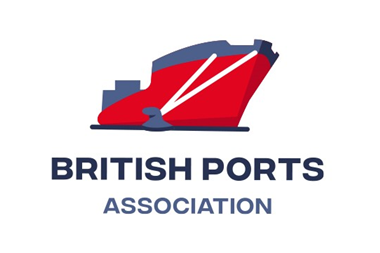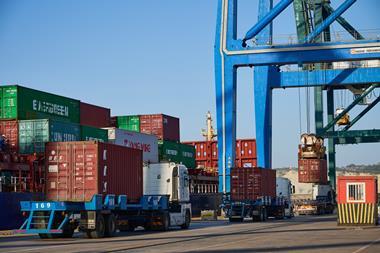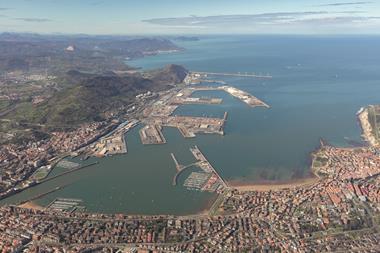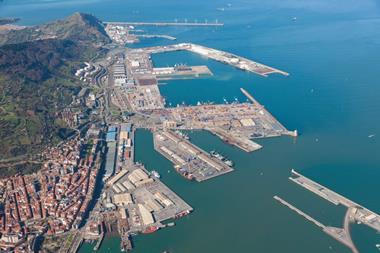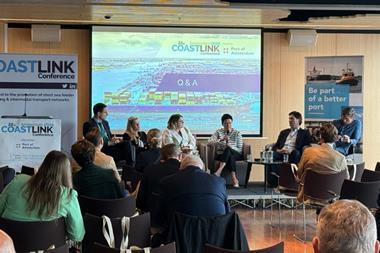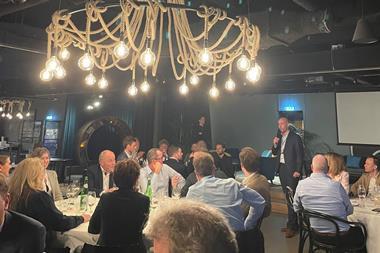The port of Amsterdam is the second seaport of the Netherlands and designated as a port of national importance.
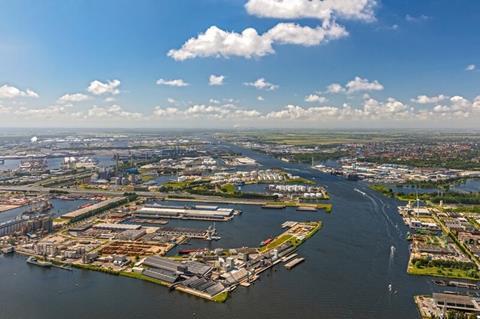
Together with the industry in the North Sea Canal area (NSCA) and the seaports of IJmuiden, Beverwijk and Zaanstad, the port area forms the fourth port cluster of Europe and an international logistics hub.
The port complex plays a crucial role in fulfilling societal ambitions in the field of sustainable energy supply, economy and logistics. Good accessibility via different modalities (maritime, inland shipping, rail and road transport) is a prerequisite for this.
Therefore, Port of Amsterdam works closely together with Rijkswaterstaat (Ministry of Infrastructure and Water Management), who is responsible for the design, construction, management and maintenance of the Dutch primary infrastructure facilities. Together with other regional stakeholders, Rijkswaterstaat also creates an efficient and future-proof network of water, railways and roads, as well as effective water management to protect against floodings and other environmental impacts.
Accessibility is also a priority for the metropolitan region Amsterdam (MRA)
The seaports located in the NSCA have an important, economic function for the metropolitan region of Amsterdam, the Netherlands and the European hinterland for the supply and distribution of various cargo segments among which energy, raw materials, agri-products, building materials, foodstuffs, processing waste into new products (circular economy) and consumer products.
With the opening of the largest sea lock in the world in 2021, Port of Amsterdam successfully completed a strategic infrastructure project thereby reaching an important milestone for the long-term development of the NSCA. The new sea lock replaces the Noordersluis, which has been in operation since 1929, and allows ships to pass through the IJmuiden lock complex smoothly and safely.
Thanks to the new sea lock, the Port of Amsterdam is assured of a reliable entrance to the North Sea in the long-term, regardless of the tides. This important milestone therefore enables an even closer connection between the North Sea Canal municipalities and other parties in the area to develop the port as a sustainable and circular energy and raw materials hub.
Also in regional context, the continuous expansion of the transport networks around the metropolitan region Amsterdam (MRA) is a central pillar of the hub-strategy of the Province Noord-Holland. Consolidating cargo flows and stimulating modal-shift of goods from road to rail and inland-shipping is high on the agenda to progress with the gradual development of regional multimodal transport corridors towards Germany and the BeNeLux, as well as other destinations via the extensive European TEN-T network. In this context, together with an international network of partners, Port of Amsterdam is actively engaging in the development of new multimodal transport solutions to further encourage the use of various modalities for cargo flows destined for the wider European network in the coming years.
Curious to learn more about Port of Amsterdam’s activities or partnerships, check out our website here.
Article supplied by The Port of Amsterdam
Set to take place from the 24-25 April 2024, join the Coastlink conference to hear more from The Port of Amsterdam. For further information on how to secure your delegate place, or how to participate at the 2024 event visit the Coastlink website or contact the Coastlink event team at +44 1329 825335 or info@coastlink.co.uk.


